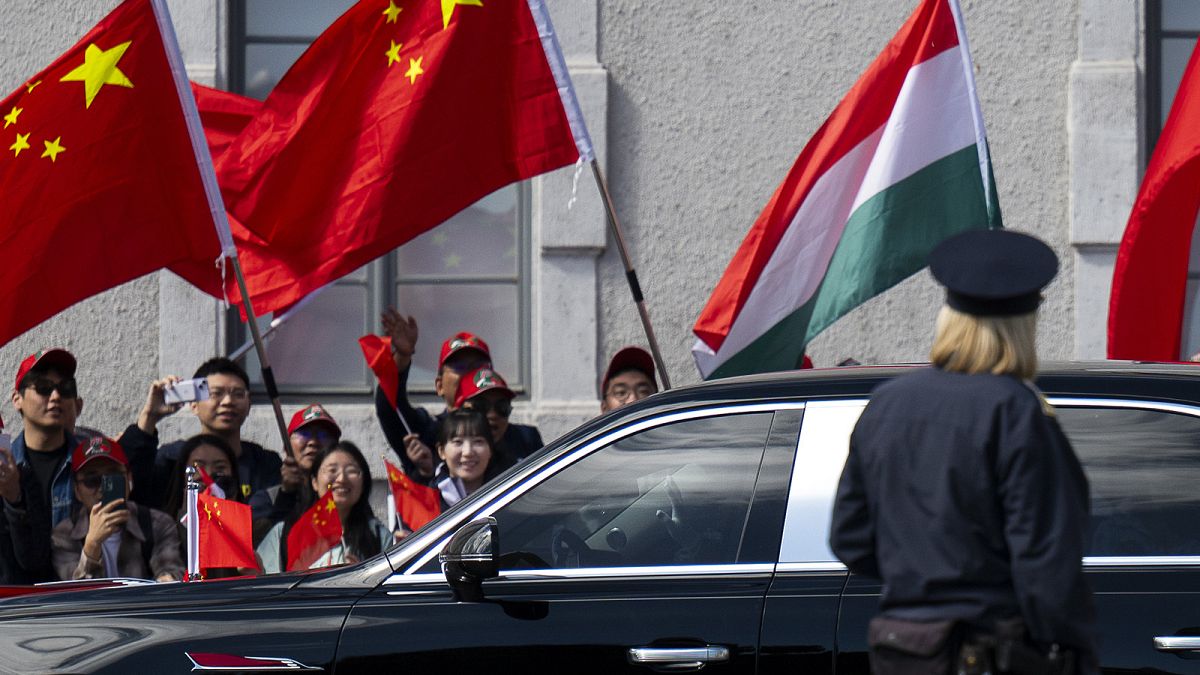The primary purpose of Xi Jinping’s three-day visit to Hungary might be to ensure that Hungary can help China gain market share in the EU, as Beijing and Budapest prepare to sign a total of 16 bilateral agreements.
The Chinese president has arrived in Budapest late Wednesday, in the third and last stop of his European visit.
During his three-day stay, Xi Jinping and his delegation are expected to conclude a series of economic agreements with Budapest, as China sees Hungary as an important bridgehead in conquering European markets: among other things, Chinese companies are building electric car and battery factories.
The two sides are expected to sign 16 agreements, while another two are still being negotiated. The deals include Hungarian infrastructural developments and railway, road and energy projects related to Beijing’s top-priority Belt and Road Initiative.
Orbán loves dictators.
Yeah, is there even a question here? It’s like asking if Trump welcomes a dialogue with Putin. (Or is it a monologue when you show up for your orders?)
He’s giving bridgehead?
This is the best summary I could come up with:
During his three-day stay, Xi Jinping and his delegation are expected to conclude a series of economic agreements with Budapest, as China sees Hungary as an important bridgehead in conquering European markets: among other things, Chinese companies are building electric car and battery factories.
Renovation work is underway on the Budapest-Belgrade railway line, one of the symbols of China’s economic expansion in Hungary: 85% of the investment is covered by Chinese loans.
Earlier in 2023, questions were raised about whether the imported technology needed to operate it complies with EU standards.
Other critics have pointed out it bypasses all major Hungarian cities; the Chinese credit for its construction might take an entire century to pay back in full, while the investment return is under question.
Personal interests also play a role in the huge investments, international relations and Hungarian politics expert Csaba Káncz told Euronews.
The European Commission has launched an investigation into Chinese state subsidies for manufacturing electric vehicles and solar panels, accusing the Beijing leadership of distorting market competition.
The original article contains 494 words, the summary contains 168 words. Saved 66%. I’m a bot and I’m open source!
Isn’t this visit mostly centered around two things?
-
The Budapest-Belgrade HSR - $3 billion to connect two cities totalling more than 3 million people?
-
The BYD factory in Hungary - providing jobs to a country with cheap and skilled labour to build cars?
Less of a bridgehead, more of a “if Europe wants to removed and moan about foreign investment into Hungary, why weren’t they doing this themselves?”
-





